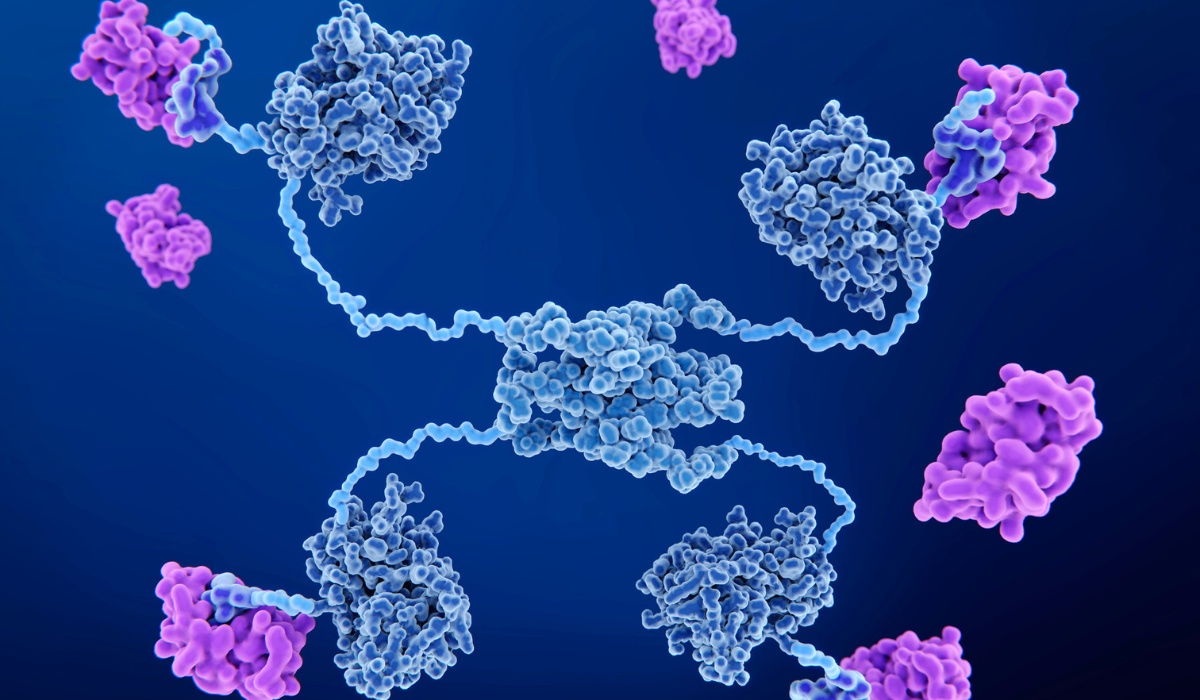Introduction:
Apoptosis, a crucial process of programmed cell death, plays a pivotal role in maintaining cellular homeostasis and regulating various physiological functions. From normal development to disease pathology, apoptosis is a fundamental mechanism that ensures the removal of unwanted or damaged cells, contributing to tissue remodeling, immune response regulation, and overall organism health. In this article, we delve into the intricate details of apoptosis, its significance in health and disease, and the essential role of apoptosis reagents in biomedical research.
What is Apoptosis?
Apoptosis, often referred to as cellular suicide or programmed cell death, is a tightly regulated process essential for maintaining tissue integrity and function. Unlike necrosis, which is a form of cell death caused by external factors like injury or infection leading to cell swelling and rupture, apoptosis is a controlled and orderly process that eliminates cells without causing inflammation or damage to neighboring cells.
Key Features of Apoptosis:
Cytoplasmic Condensation: During apoptosis, the cell undergoes structural changes such as cytoplasmic condensation, leading to a reduction in cell volume.
Loss of Plasma Membrane Microvilli: The plasma membrane of apoptotic cells loses its microvilli, altering cell surface characteristics.
Nuclei Condensation and Fragmentation: One of the hallmark features of apoptosis is the condensation and fragmentation of nuclei, resulting in characteristic apoptotic bodies.
DNA Degradation: Chromosomal DNA undergoes extensive fragmentation into oligomers of approximately 180 base pairs, a distinct biochemical feature of apoptosis.
Significance of Apoptosis in Health and Disease: Apoptosis plays a crucial role in various physiological processes and disease states, highlighting its significance in both health and pathology.
Development and Tissue Homeostasis: Apoptosis is essential during embryonic development for sculpting organs and eliminating unnecessary cells. In adult organisms, it maintains tissue homeostasis by balancing cell proliferation and death.
Immune System Regulation: Apoptosis regulates immune responses by eliminating activated or damaged immune cells, preventing autoimmune reactions and maintaining immune tolerance.
Cancer: Dysregulation of apoptosis is a hallmark of cancer, where evasion of apoptosis contributes to tumor progression and resistance to therapy.
Neurodegenerative Diseases: Apoptosis is implicated in neurodegenerative disorders such as Alzheimer's and Parkinson's diseases, where neuronal cell death contributes to disease progression.
Role of Apoptosis Reagents in Research: Apoptosis reagents are invaluable tools for studying and manipulating apoptotic pathways in research settings. These reagents facilitate the identification, quantification, and modulation of apoptotic processes, aiding in both basic research and drug development efforts targeting apoptosis-related diseases.
Types of Apoptosis Reagents:
Apoptosis Detection Kits: These kits utilize fluorescent probes or dyes to identify apoptotic cells based on morphological changes or biochemical markers such as phosphatidylserine exposure or caspase activation.
Caspase Inhibitors and Activators: Caspases are key enzymes in the apoptotic pathway. Inhibitors can block caspase activity, while activators can induce apoptosis in cell culture or animal models.
DNA Fragmentation Assays: These assays measure DNA fragmentation, a hallmark of apoptosis, using techniques like TUNEL (Terminal deoxynucleotidyl transferase dUTP Nick End Labeling) or gel electrophoresis.
Annexin V Assays: Annexin V binds to phosphatidylserine exposed on the outer membrane of apoptotic cells, allowing for the detection of early apoptotic events.
Mitochondrial Membrane Potential Probes: Changes in mitochondrial membrane potential are associated with apoptosis. Probes like JC-1 or TMRE (tetramethylrhodamine, ethyl ester) can assess mitochondrial function during apoptosis.
Applications of Apoptosis Reagents:
Research Studies: Apoptosis reagents are used to investigate apoptotic pathways, elucidate molecular mechanisms, and identify potential therapeutic targets.
Drug Development: Screening assays utilizing apoptosis reagents help in the discovery and development of novel drugs targeting apoptosis for cancer, neurodegenerative diseases, and other conditions.
Disease Models: Apoptosis reagents are employed in creating disease models to study the role of apoptosis in specific pathologies and test potential interventions.
Conclusion:
Apoptosis is a vital biological process with implications across various fields, including developmental biology, immunology, oncology, and neurology. Understanding the mechanisms underlying apoptosis and its dysregulation in disease is crucial for advancing biomedical research and developing targeted therapies. Apoptosis reagents serve as indispensable tools for researchers, enabling precise investigation and manipulation of apoptotic pathways, ultimately leading to advancements in healthcare and disease management.


No comments yet